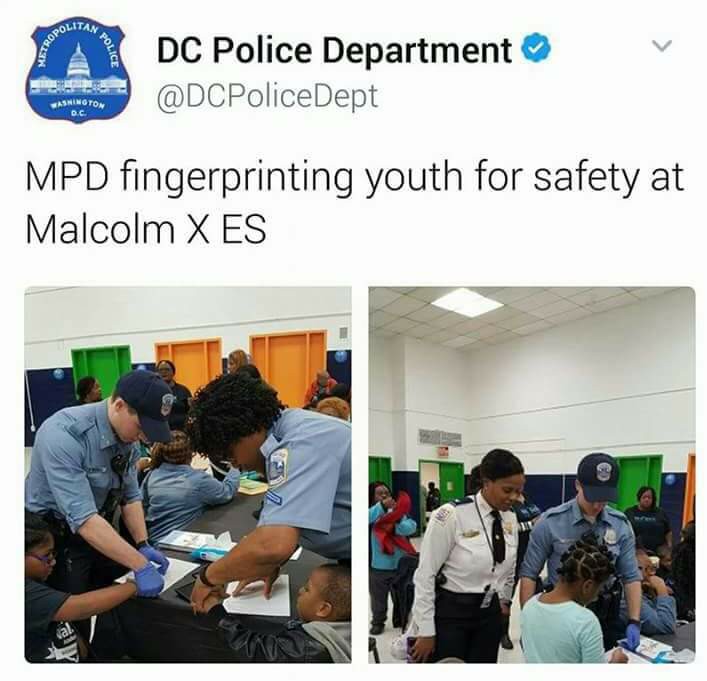Changing of the English Language
By anakFebruary 16, 2017 - 21:37

In class today discussing police brutality, specifically in the case of Willie Jordan, the article did not feel very dated. There are still the same issues happening today and so this is nothing totally shocking. The part that did differ though was the language used in describing this occurrence. Although there were differences in the language, I did not note this as having much significance. Our language changes continually, depending on who we are talking to or who we are talking about. The amount of time that has passed since something has been written will allow for the amount of differences in the text. During class, someone mentioned the writing of Shakespeare and I think this is a perfect example.






